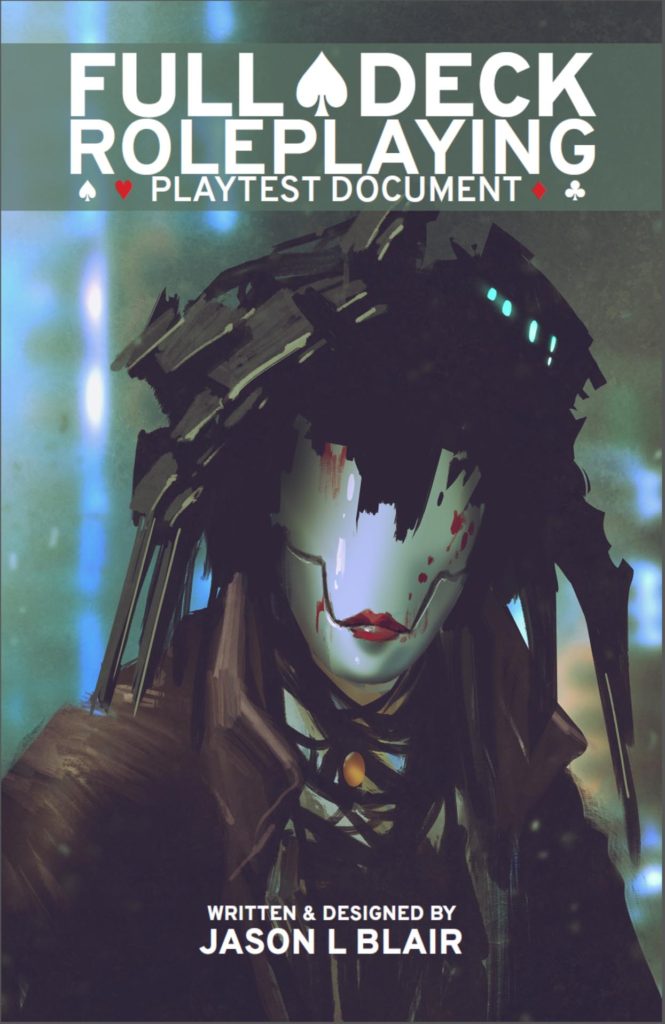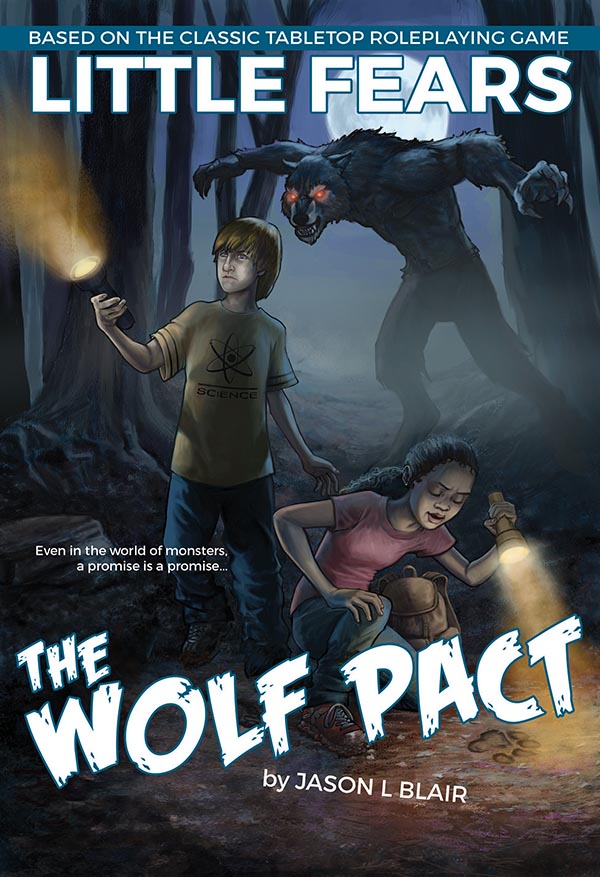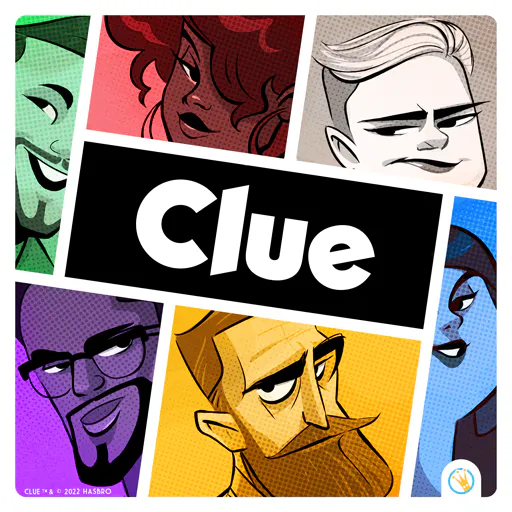-
Latest Posts
-
Latest Releases


My Sites
Tags
- adventure gamers
- agents of mayhem
- buried tales
- character collection
- comics
- conduit 2
- don't walk in winter wood
- dream project
- esoterrorists
- essays
- eulogy
- fiction
- friends
- gdc
- gencon
- haunted
- high voltage
- human head
- interviews
- kickstarter
- little fears
- movies
- nominations
- non-fiction book
- one-year plan
- operation: awesome
- pandemic
- pc games
- podcasts
- point-and-click
- prey 2
- ps2
- ps3
- ps4
- rpgs
- saints row iv
- streets of bedlam
- tales of the far west
- the bones
- transmedia
- video games
- volition
- wii
- xbox 360
- xbox one
Previously On…
- March 2025 (2)
- February 2025 (4)
- January 2025 (4)
- December 2024 (5)
- January 2024 (1)
- October 2020 (1)
- May 2020 (1)
- April 2020 (1)
- May 2019 (1)
- July 2018 (2)
- June 2018 (1)
- April 2018 (1)
- February 2018 (1)
- November 2017 (1)
- August 2017 (1)
- July 2017 (1)
- June 2017 (1)
- June 2016 (4)
- May 2016 (1)
- June 2015 (1)
- February 2015 (1)
- January 2015 (3)
- October 2014 (1)
- August 2014 (2)
- July 2014 (1)
- May 2014 (3)
- January 2014 (1)
- December 2013 (3)
- October 2013 (2)
- September 2013 (1)
- August 2013 (3)
- July 2013 (1)
- June 2013 (2)
- April 2013 (1)
- March 2013 (3)
- February 2013 (2)
- January 2013 (1)
- December 2012 (1)
- October 2012 (1)
- September 2012 (1)
- August 2012 (1)
- July 2012 (2)
- June 2012 (2)
- April 2012 (2)
- March 2012 (2)
- January 2012 (5)
- December 2011 (5)
- November 2011 (1)
- October 2011 (2)
- July 2011 (1)
- June 2011 (1)
- May 2011 (3)
- April 2011 (2)
- March 2011 (2)
- February 2011 (1)
- January 2011 (1)
- December 2010 (2)
- November 2010 (3)
- October 2010 (2)
- September 2010 (4)
- August 2010 (5)
- July 2010 (5)
- June 2010 (4)
- May 2010 (2)
- April 2010 (1)
- March 2010 (8)
Friends' Sites
- Aaron Rosenberg
- Adam Jury
- Chris Pramas
- Chuck Wendig
- Daniel Solis
- Ed Lima
- Flames Rising
- GamePlayWright
- Gareth Hanrahan
- Gareth-Michael Skarka
- James Maliszewski
- Jared Sorensen
- Jeff Tidball
- Jon Leitheusser
- Josh Neff
- Kenneth Hite
- Kevin Riepl
- Matt Forbeck
- Matt Kulka
- Matt Snyder
- Matthew Breit
- Matthew Laznicka
- Monica Valentinelli
- Paul Jessup
- Sarah Newton
- Team Preston
- Veronica V. Jones
Monthly Archives: December 2013
Game Writing: 11 Things I’ve Learned
Veteran writer (and scion of Tom Clancy) Richard Dansky asked an interesting question: So what knowledge do you think is absolutely essential to working in games writing? Concepts? Elements of craft? Specific terminologies? Legal and professional issues? I responded with … Continue reading
Out Now: HOW THE SAINTS SAVE CHRISTMAS
The holidays are here and they’ve brought new DLC for Saints Row IV. Cozy up to the fire and enjoy this delightful—and delightfully twisted—trip to save St. Nick and restore the holidays to the world. Here’s the sell text: How … Continue reading
Out Now: HEY ASH, WHATCHA PLAYIN’?
I don’t want to get into the habit of calling out all the Saints Row IV DLC but I have to talk about this one. Anthony, Ash, and Papa Burch, from the insanely popular webseries Hey Ash, Whatcha Playin’ are … Continue reading

